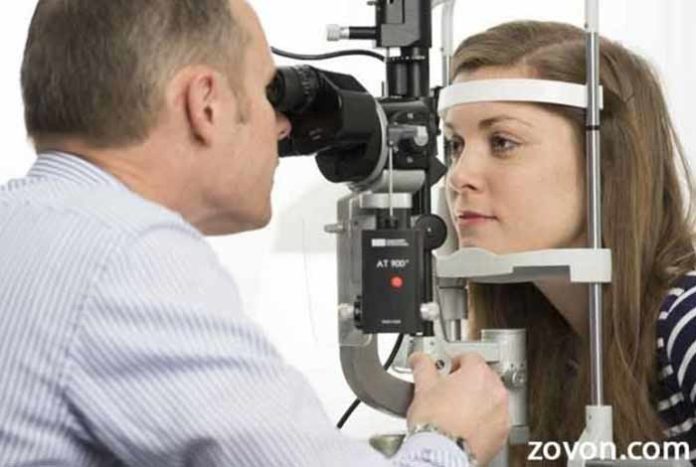
There could be an even better purpose to regularly visit your ophthalmologist than just better vision. Nearly, one-third of all kinds of genetic syndromes can impact your eyes; hence, giving you a good reason to visit an ophthalmologist, not exactly for vision issues, but for your overall health and wellbeing.
Dr. Neal Adams categorizes an array of systemic disorders, i.e., disorders that influence the whole body, that a doctor can easily examine during a regular eye check-up. The eyeballs can reflect indications of various diseases, such as nutritional deficiencies, heart disease, nerve damage and diabetes.
Below discusses are a few points that an eye specialist look for while examining an eye:
Abnormal shape or colored blood vessels could be indicative of heart disease like increased blood pressure. Doctors can even observe red blood cells of a person that move through the tiny blood vessels in the eye, called blood capillaries.
Stress can affect your eyes in the same way as it affects other body parts of a human. It can be responsible of leakage of fluid in the cells at the back of your eyes, which looks like a blister in the retina.
In the middle of the eye, a brown-colored halo covers the pupil – an opening at the core of the eye that appears black – which is a disorder, known as posterior synechia. This disorder develops when the colored portion of the eye – iris – gets connected to the lens of an eye. This condition is considered as an indicator of inflammation somewhere else in the body




